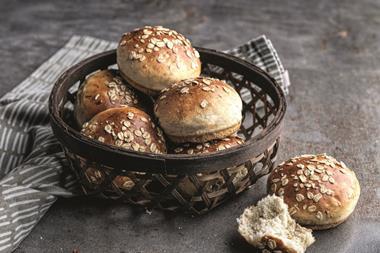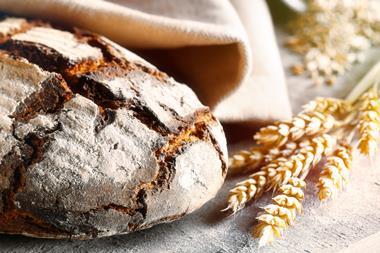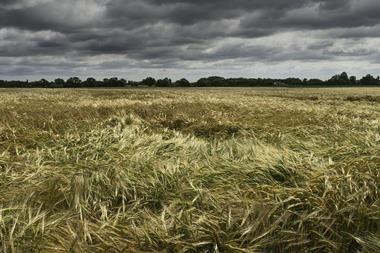Duncan Monroe, president, National Association of British and Irish Flour Millers, looks at the challenges and opportunities facing the milling industry
It is a great honour to have been asked to be Nabim president. I am half way through my two-year period of office and am enjoying the role. It is also great to have the opportunity to put something back into the industry.
All things considered, the milling industry is in good health. The UK has some of the most modern and efficient mills in the world. We provide service levels that hopefully our customers agree are first class. The industry has a small but well-trained and skilled workforce.
But like all businesses, we face some significant challenges.
Bread and wheat flour continue to be demonised by a small but influential group of opinion formers. Brexit is creating a period of great uncertainty. The regulatory backdrop for the food industry is constantly changing. Energy costs, specifically renewable energy taxes on electricity, are far too high.
This is why we need a strong and effective association. Alex Waugh, Nabim director general, and his small team at our London office are doing a great job helping the industry face up to these challenges.
Take Brexit for example. Nabim has identified its priorities during the Brexit negotiations and is aligning itself with other associations and organisations with similar interests. Through regular Brexit briefings, Nabim members are being kept informed on progress.
Another example of the great work done by Nabim is its work on training.
The association runs a distance learning programme comprising seven modules covering all aspects of milling. This helps maintain skill levels within the industry. We also offer this educational service to overseas millers. In a typical year there will be 350 to 400 overseas enrolments, providing useful revenue.
These are just two examples of the kind of activities Nabim is engaged in, and hopefully it is not just the milling industry that benefits.
UK bakers and food manufacturers require a secure supply of flour of the right quality and which meets all expectations regarding food safety.
We all depend on a level playing field with regard to tariffs, energy costs and the regulatory framework, so it is important that the milling and baking sectors combine forces when tackling the challenges we face.
In uncertain times, it is more important than ever that our voice is heard.





























No comments yet